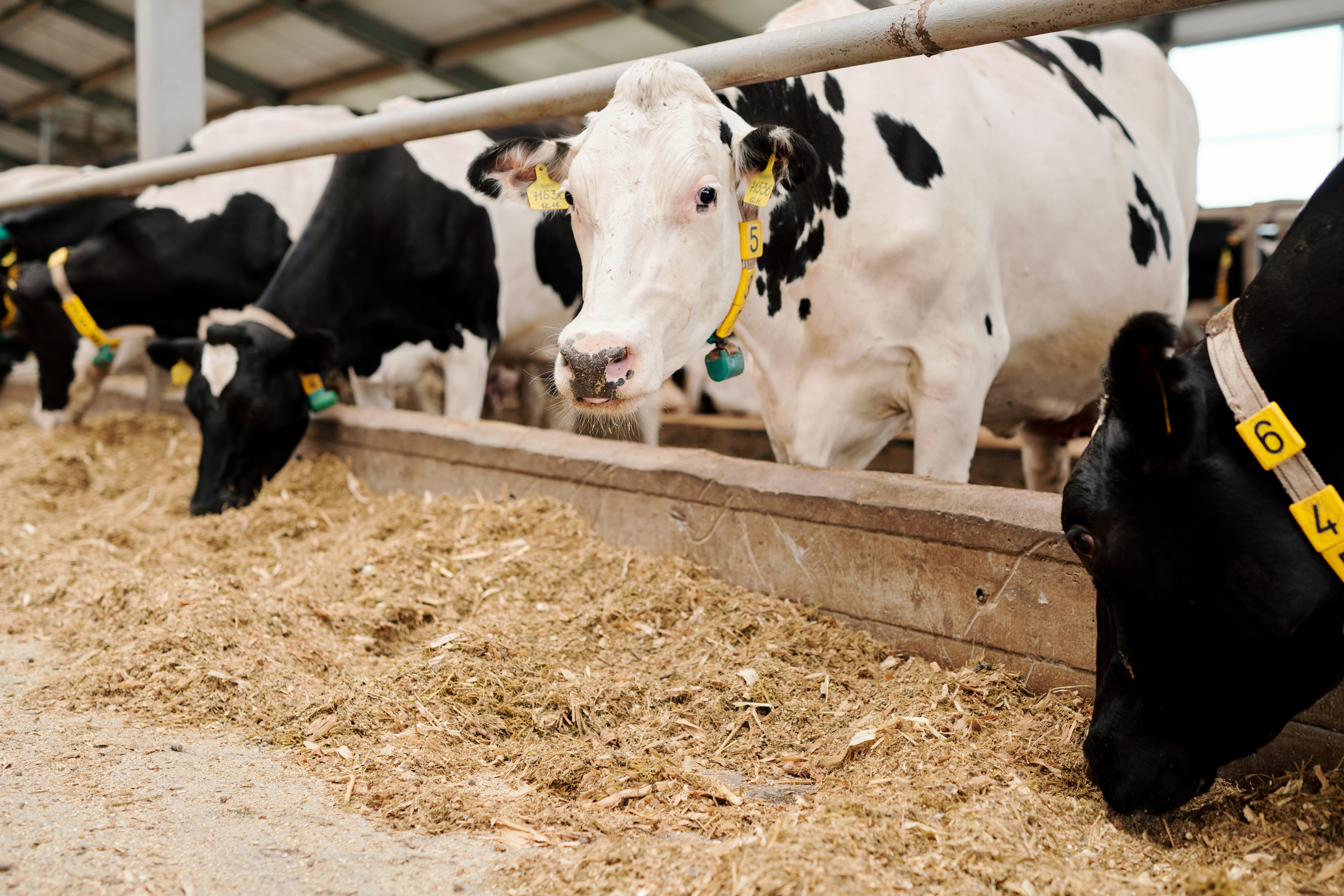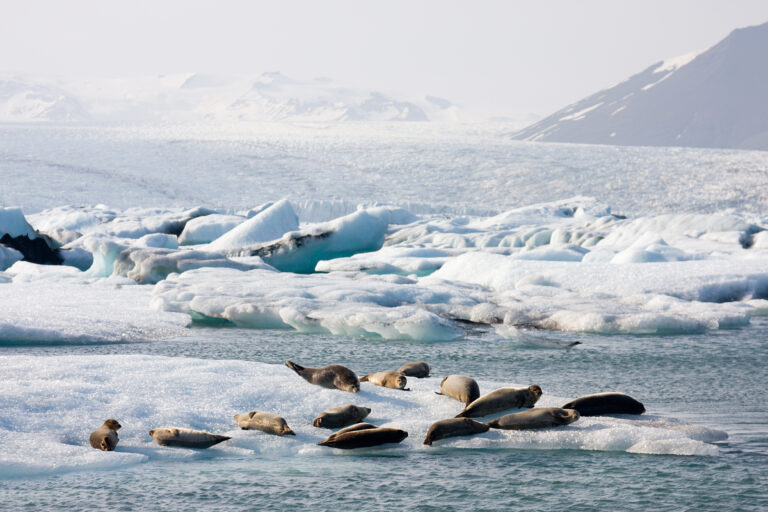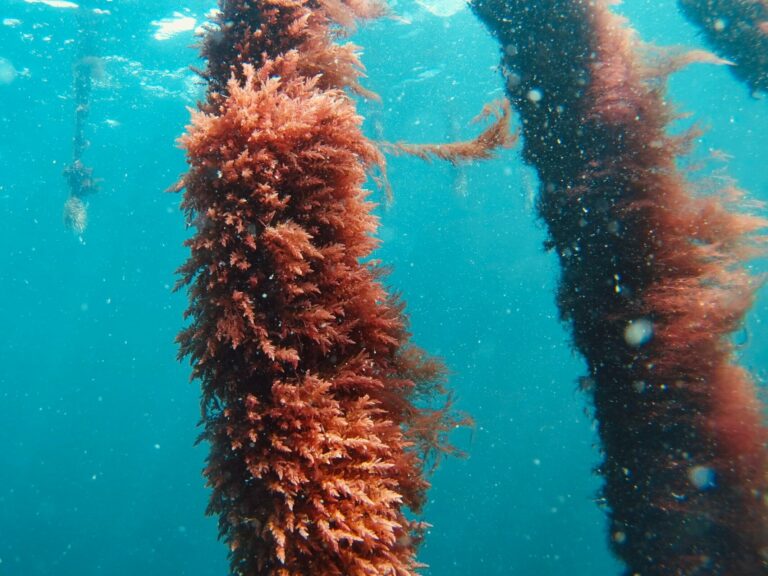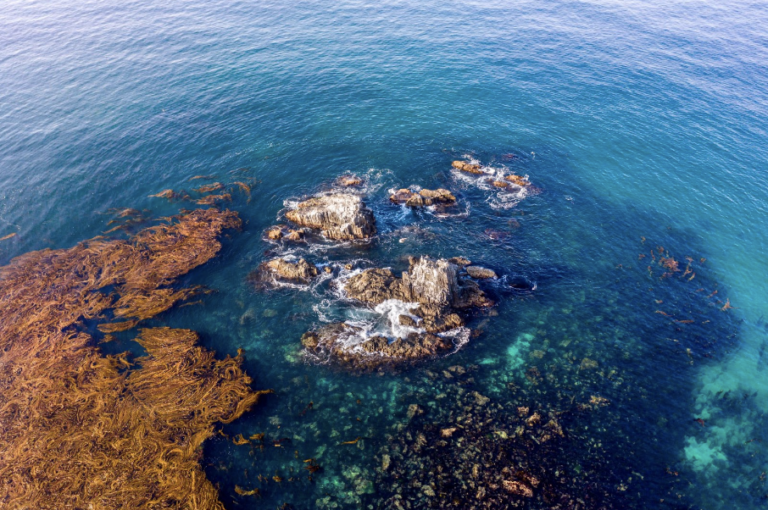Today, we explore a groundbreaking application of kelp as livestock feed, particularly for cows. Not only does kelp offer exceptional nutrition, but it also holds the key to significantly reducing methane emissions from cattle burps, making it a sustainable and eco-friendly solution for the agriculture industry.

Kelp: A Nutritious Feed for Livestock
Kelp, with its rapid growth and rich nutritional profile, emerges as a promising contribution to livestock feed. This brown seaweed is abundant in essential minerals, vitamins, and proteins that promote healthy growth and development in animals. As a natural and sustainable resource, kelp aligns perfectly with the growing demand for eco-conscious farming practices.
The Methane Challenge in Livestock Farming
Methane, a potent greenhouse gas, poses a considerable environmental challenge, and livestock, particularly cows, are significant contributors to methane emissions. When cows digest their food, they produce methane through a natural digestive process. This methane is then released into the atmosphere when cows burp, contributing to global warming and climate change.Addressing this issue is critical for mitigating the impact of agriculture on the environment. Enter kelp, an unexpected hero in the quest for sustainable livestock farming.
Kelp as a Methane Mitigator: The Cow’s Green Secret
Recent studies have revealed a remarkable aspect of kelp when included in livestock feed, particularly for cows. When a small amount of kelp (ascophyllum nodosum) is added to the diet of cows, the methane emissions from their burps can be reduced by as much as 70%.
The secret lies in the unique chemical compounds found in kelp, such as the phlorotannins. These compounds have been shown to inhibit certain enzymes in the cow’s digestive system responsible for producing methane during fermentation. As a result, cows that consume kelp as part of their diet release significantly less methane, significantly contributing to the fight against climate change.
The Advantages of Kelp as Livestock Feed
- Sustainable Farming: Kelp is a renewable resource that requires no freshwater, fertilisers, or pesticides to grow. Integrating kelp into livestock feed promotes eco-friendly farming practices, reducing the environmental impact of agriculture.
- Nutrition and Health: Kelp offers an array of essential nutrients that enhance the overall health of livestock. It supports better growth rates, improved immune function, and higher milk production in dairy cows.
- Reduced Methane Emissions: By incorporating kelp into livestock feed, farmers can significantly reduce methane emissions from cattle, thereby contributing to global efforts to combat climate change.
- Biodiversity Conservation: Kelp farming fosters healthy marine ecosystems and supports biodiversity, providing a holistic approach to sustainability.
- Feeding Efficiency: Kelp has a high feed conversion rate, meaning that animals require smaller portions to gain the same nutritional benefits compared to traditional feed sources.
Promoting a Greener Future with Kelp Livestock Feed
As awareness of climate change and sustainable practices grows, the agricultural sector is continually seeking innovative solutions. By adopting kelp as livestock feed, farmers can make substantial strides towards reducing their carbon footprint and contributing to a more environmentally conscious industry.
Furthermore, integrating kelp farming and livestock management can lead to a cyclical, regenerative process. Kelp farming sequesters carbon dioxide from the atmosphere, and when used as feed, it helps reduce methane emissions, further contributing to a greener and healthier planet.
Conclusion
Furthermore, integrating kelp farming and livestock management can lead to a cyclical, regenerative process. Kelp farming sequesters carbon dioxide from the atmosphere, and when used as feed, it helps reduce methane emissions, further contributing to a greener and healthier planet.



